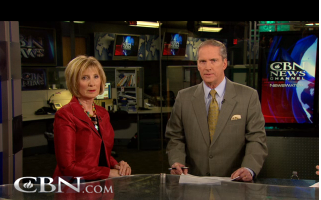This past week we lost an immense talent in the music business. Our prayers are with Whitney Houston’s family during this difficult time.
Her death has caused me to think about the larger role the church plays in the lives of celebrities, those with prominence, or even our very own leaders who struggle within the body. Are there times the church acts like an enabler and fails to confront its “celebrity” pastors and leadership?
Living in a postmodern culture, we have become reluctant to step in and confront those who are self-destructing. The post-modern thinking is that everyone has a right to do whatever he or she chooses.
We may excuse sin because the leader is successful and is growing the church.
We no longer talk about sin and when we do, we are accused of being judgmental. “It’s not my business” or “Am I my brother’s keeper?” are often heard outside the walls of the sanctuary.
But Jesus makes it clear. Whoever has a need is our neighbor. And we are to love our neighbors. When you love someone, you don’t ignore his or her descent into darkness. You don’t turn away from that person because he acts in destructive ways or because you are uncomfortable with confrontation. You don’t say, “Someone else will deal with it.”
And when you know someone is in the throws of addiction (e.g., pornography), you don’t enable by excusing, turning a blind eye, refusing to set limits and allowing the person to operate as if nothing is wrong. You confront and offer a road to healing.
So I ask the question, has the church grown soft in confronting self-destruction? Do we enable those in addiction by covering up for them, turning a blind eye and blaming their behavior on stress and other ills?
Besides the incredible sorrow I feel for Whitney’s family, her death has also caused me to ask the question in my own surroundings. Who is in need? And when I see someone in need, am I guilty of saying, “It’s not my problem.”


